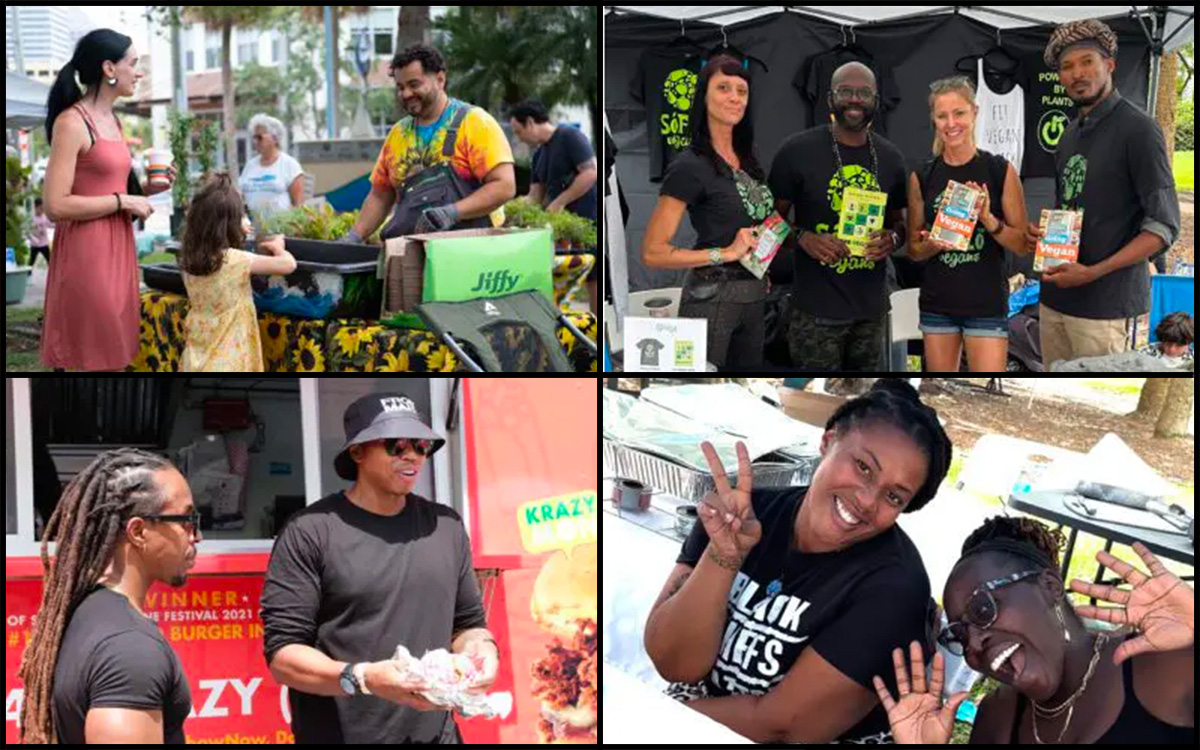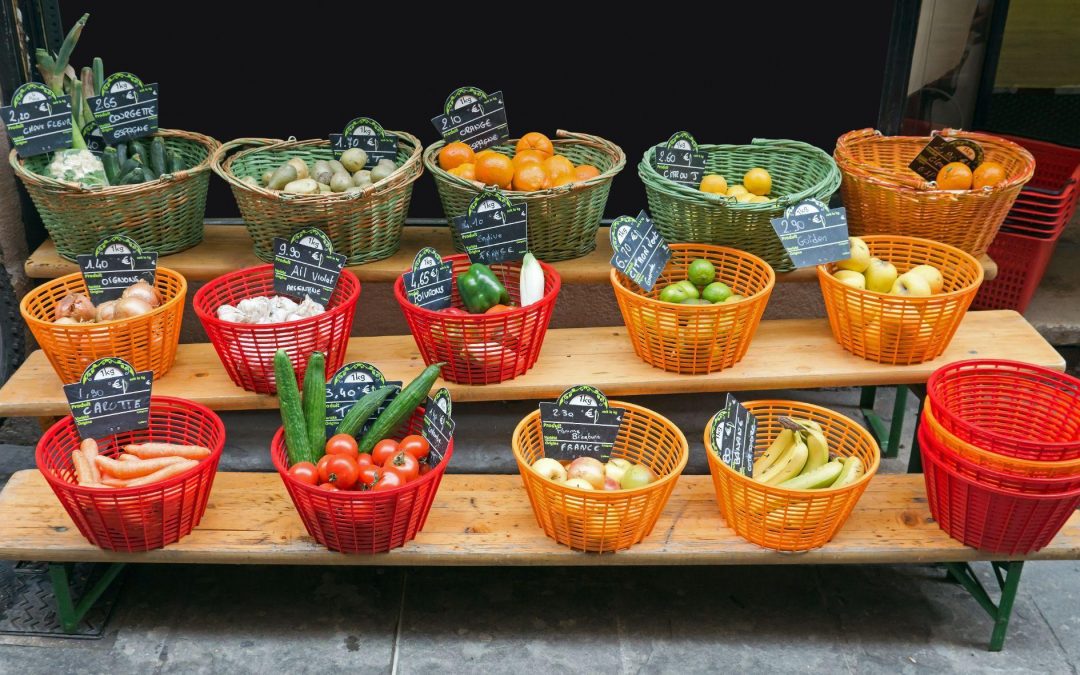If you’re a vegan, you know the importance of getting all the right nutrients in your diet. But sometimes it can be hard to make sure you’re hitting all your nutrient targets. That’s where supplements come in. Here are some tips on how to supplement your vegan diet properly and ensure that you’re getting all the nutrients you need.
Veganism and its benefits
As you probably already know, veganism is the practice of avoiding all animal products, including meat, dairy, eggs, and honey.
There are many reasons why people choose to go vegan, such as ethical concerns for animals, environmental sustainability, or health benefits. Health benefits ascribed to veganism include lower rates of heart disease, obesity, and type 2 diabetes.
Additionally, vegan diets tend to be high in fiber and antioxidants, which are important for gut health and preventing some chronic diseases.
Getting everything you need as a vegan
Despite its many benefits, a vegan diet can sometimes leave new vegans low in certain vitamins and minerals. This is especially true if they aren’t rounding out their diet by eating the correct fortified foods or taking the right vitamin and mineral supplements.
Some of the vitamins and minerals that are often lacking in beginner vegan diets, and their bodily functions, include:
Vitamin B12
With the multiple B vitamins being important to keeping healthy, it’s easy to miss vitamin B12, which is often associated with energy. It’s an important part of red blood cell formation, nerve function, and DNA synthesis. Vegans should take care to maintain healthy vitamin B12 levels by eating enough B12-fortified foods or B12 supplements.
Iron
Iron is important for carrying oxygen in our blood and for proper immune function. Adding the right dark leafy greens, legumes, nuts, and fortified cereals to a vegan diet is a great way to ensure this dietary need is met. You can easily add these to salads to round things out. Vegans should consider supplementing iron with foods that are also high in vitamin C to improve absorption.
Zinc
Zinc is involved in many important body functions, including cell growth, DNA synthesis, and wound healing. It can be found in vegan-friendly foods like fortified cereals and pumpkin seeds, as well as many vegan-oriented multivitamins.
Calcium
Calcium is important for bone health and nerve function. It is found in leafy greens, broccoli, and tofu but in small quantities. It’s important to make sure the proper daily calcium intake is met via calcium-fortified foods or supplements.
Omega-3 fatty acids
Omega-3 fatty acids are important for brain and eye development, heart health, and reducing inflammation. Vegans can easily get this from seaweed, algae, and flaxseed oil. All three of these foods have the additional benefits of boosting collagen production and antioxidant properties.
As with any other diet, it’s important to educate oneself on how to ensure all of the key nutritional requisites can be met to avoid unforeseen deficiencies. Sometimes the symptoms of a vitamin or mineral deficiency can go unnoticed, so don’t hesitate to consult with your doctor if you’re unsure you’ve got all your bases covered.
CBD, a surprising alternative to typical supplements While CBD is not a vitamin or mineral, it does have some important nutrients that are beneficial to vegans. CBD oil is high in omega-3 fatty acids and antioxidants, which are important for gut health and preventing chronic diseases. Additionally, CBD oil contains trace amounts of zinc, iron, and calcium. Edible gummies such as Crescent’s 100% vegan recipe can help supplement a vegan diet.
Take charge of your nutrition
All diets have natural gaps that require regular supplementation or adjustments to be well-rounded – a vegan diet is no different. When grocery shopping, be sure to also include specially fortified foods or supplements for anything that might be lacking, including vitamins and minerals. There are plenty of ways to get the nutrients you need, and sometimes you’ll find them in the most unlikely of places.

Show Your Support
Take any of the following actions to stay involved and help us reach our goals. Subscribe to our newsletter, and follow us on social: Facebook, Facebook Group, Instagram, Twitter, Meetup, and Linkedin. Subscribe on YouTube and help us reach 1,000 subscribers.

